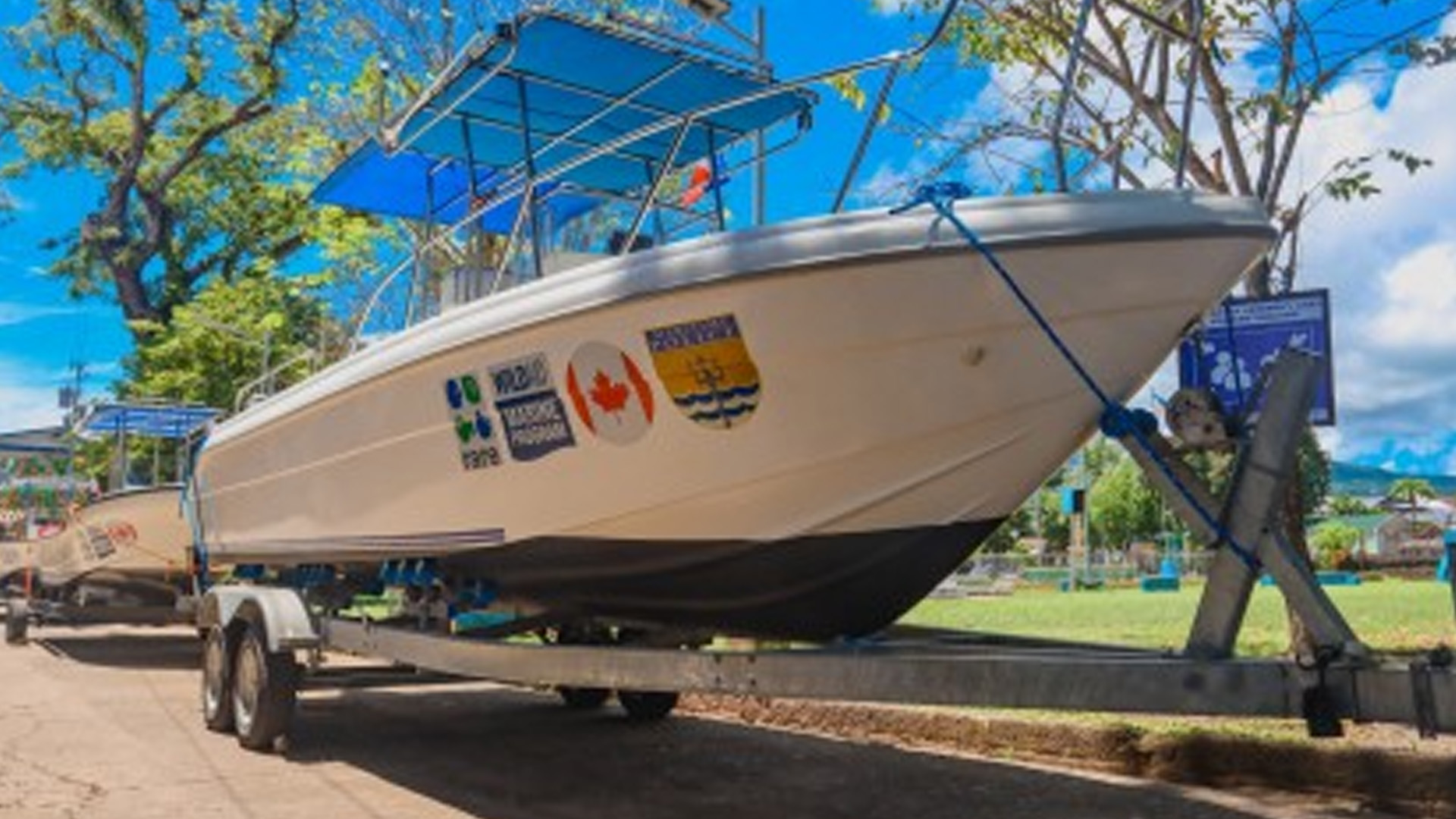Three patrol boats have been turned over in Southern Leyte to enhance fisheries law enforcement in Silago-Cabalian Bay.
New patrol boats have been donated by the Canadian Embassy and non-government organizations WildAid and Rare to members of the Pacific Area Alliance of Local Governments for Marine Resources Development (PALMDev) in Southern Leyte.
Officials witnessed the formal turnover of patrol boats on Sept. 23 in Hinundayan, Southern Leyte, the Bureau of Fisheries and Aquatic Resources (BFAR) reported on Tuesday.
Members of this alliance are the towns of Silago, Hinunangan, Hinundayan, Anahawan, San Juan, Saint Bernard, San Ricardo, and Liloan in Southern Leyte.
“There is hope that Southern Leyte will serve as an example of how broader bodies, such as local governments, can collaborate to find cooperative solutions to resource issues and utilize these tools effectively,” said Andrew Green, Political and Public Affairs Counsellor of the Canadian Embassy, in a statement.
The donated patrol boats include one 25 feet with 200 horsepower (hp), one 23 feet with 115 hp, and one 27 feet with 115 hp.
The patrol boats and law enforcement tools will be under the custody of the Philippine National Police Maritime Group and the local government units of Hinundayan and Anahawan, ensuring strategic placement and efficient operations that complement existing fisheries protection and conservation activities within Silago-Cabalian Bay.
The bay is included in the country’s Fisheries Management Area (FMA) 8, identified as a priority of the five-year project meant to empower fishing communities, adopt climate-resilient fisheries technologies, and sustain the management of fishery resources.
The provincial government of Southern Leyte, represented by Sangguniang Panlalawigan chairperson on agriculture and fisheries Rolando Bacoy, urged PALMDev towns’ cooperation for effective implementation of fishery laws in the bay.
Rare also emphasized the need for ongoing collaboration among stakeholders, including local and national law enforcement agencies, to work together toward sustainable fisheries management.
WildAid expressed the potential for expanding cooperation within FMA 8, envisioning continued support beyond the initial five years.
“We hope to continue beyond five years, perhaps extending it to 10 years if additional funding becomes available,” said Jay Udelhoven, WildAid program manager.
The BFAR regional office in Eastern Visayas, as the lead region of FMA 8, will contribute technical support and coordinate capacity-building efforts, considering future harvest strategies and management measures to ensure alignment of goals and objectives. (PNA)




